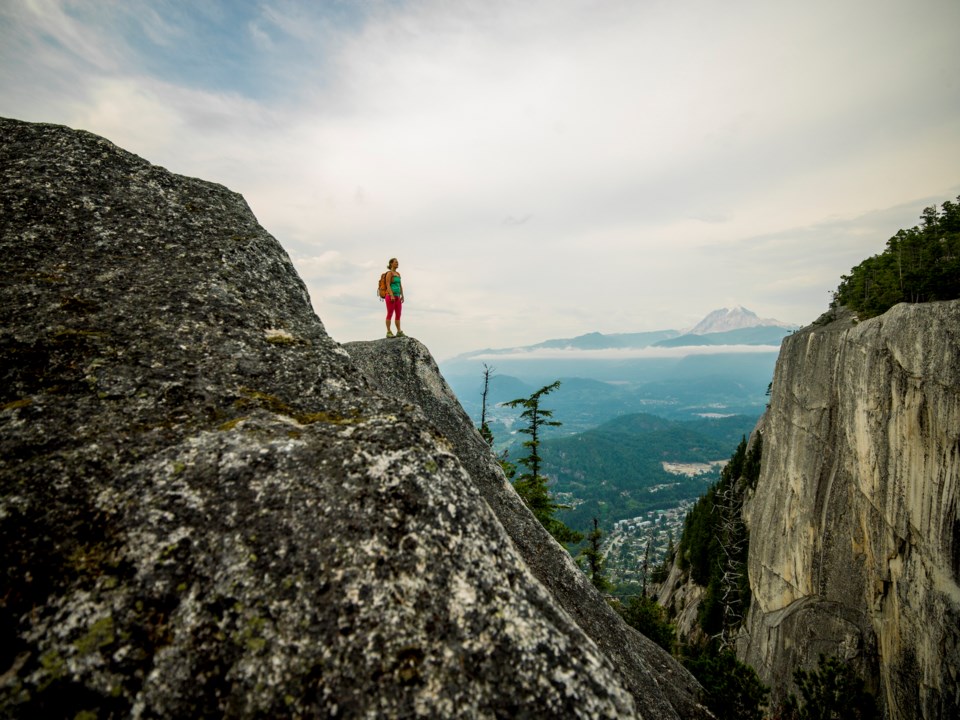The world is facing multiple — potentially catastrophic — crises, including , , , and . These issues are interconnected and require systemic solutions, as changes in one system affect others.
However, human systems have largely failed to acknowledge their connection to ecological systems. Most modern societies , which are underpinned by imperialist and that divides living beings into racial, gender, class, or species hierarchies.
Our , with its focus on competition, growth and profit, has been a key contributor to social and ecological crises. Even more alarming is that this mindset has depleted nature to the point that it may soon fail to sustain human and non-human lives entirely.
Sustainable and equitable well-being
Policies for future survival and prosperity must address the . These challenges are pushing social and economic systems .
While current sustainability efforts, such as those outlined in — a collaboration between scientists and economists from around the world — and the United Nations’ offer pathways for action, they often fall short. These initiatives, though well-intentioned, remain rooted in a business-as-usual approach.
This isn’t enough. What’s needed is a transformative shift in how we interact with the natural world. , where humans give back to the environment as much as we take, is essential. Sustainable and equitable well-being must be placed at the centre of human societies.
Central to this transformation is the need to ensure good lives for all while staying within the . These boundaries are the limits within which humanity can safely operate without causing irreversible environmental harm. This will require a new economic mindset that enables people to live with nature, instead of destroying it.
Change is daunting, but possible
Though the scale of change needed may seem daunting, it’s achievable and already in motion in some places. In many communities around the world, , people are already living in ways that allow humans and ecosystems to flourish.
In other regions, and , new possibilities are emerging for building human societies that operate within the planetary boundaries. Humans are exceptionally adaptable and have the advantage of foresight and the ability to transform entire systems through ethical collaboration.
Individual action is one necessary element to accelerate this shift. Change often starts small, with individuals and small groups adjusting their lives. But while personal choices do matter, individuals must also push for systemic changes in their communities, organizations, and broader society.
To make nature-connected living more widely accessible, collaborative, equitable and intentional efforts are needed. This involves intercultural communication, collaboration and open dialogue to ensure diverse perspectives are considered in decision-making processes.
Thoughtfully considering the direct and indirect impacts of our action, including the immediate and long-term consequences of any decisions, will create more equitable and sustainable systems.
People looking to create meaningful change should seek to support a range of groups and organizations dedicated to environmental and social justice. This includes Indigenous leaders and treaty protocols, local authorities, environmental advocacy groups, community organizations or labour unions. A good example of this is the work being done by the UNESCO-recognized .
Alternative ways of knowing
The problems facing the world today are vast and multifaceted and need to be addressed in multiple ways. , through the have roles to play in fostering more equitable nature-human relationships.
Although Western scientific knowledge is often centred in evidence-based discussion, many valuable solutions stem from alternative ways of knowing, such as Indigenous ecological knowledge. By welcoming and supporting diverse knowledge holders in creating solutions, .
Creativity — the essence of adaptability — flourishes when different knowledge systems are woven together. However, this must be done ethically and to ensure no knowledge system is exploited or undervalued. We must be careful to avoid repeating the that have created our current planetary crises.
In addition to rethinking how we approach knowledge, rebuilding strong, interconnected relationships between humans and nature also means rethinking our technological systems.
Technological innovation has been used to , but it also holds great potential for positive change. It can either maintain or disrupt the status quo, depending on how we use it.
To build healthier relationships between people and nature, human societies need to adopt a . This approach looks at the bigger picture, considering the ecological, cultural, political and social aspects of technology in an integrated manner. It ensures that innovation is guided by principles of sustainability and equity.
What the future holds
The future will bring , accompanied by . The survival of human and non-human beings depends on our ability to plan for these challenges.
Climate change, biodiversity loss and resource depletion are not isolated problems — they are part of an interconnected web of crises that demand urgent and comprehensive action.
Incremental approaches are not enough to address the scale of these looming threats. Purposefully coordinated actions are needed to shift the current trajectory away from exploitation to one of mutual benefit for humans and the natural world.
What is needed is aimed at creating just and flourishing relationships between nature and humanity for the benefit of all current and future life on Earth.
Christie Manning, Associate Professor of Environmental Studies at Macalester College; Jacqueline Corbett, Professor of Information Systems, Université Laval; and Simone Bignall, Senior Researcher at the University of Technology Sydney, co-authored this article.
Liette Vasseur receives funding from New Frontiers Research Program Exploration program in Canada.
Anders Hayden and Mike Jones do not work for, consult, own shares in or receive funding from any company or organization that would benefit from this article, and have disclosed no relevant affiliations beyond their academic appointment.




